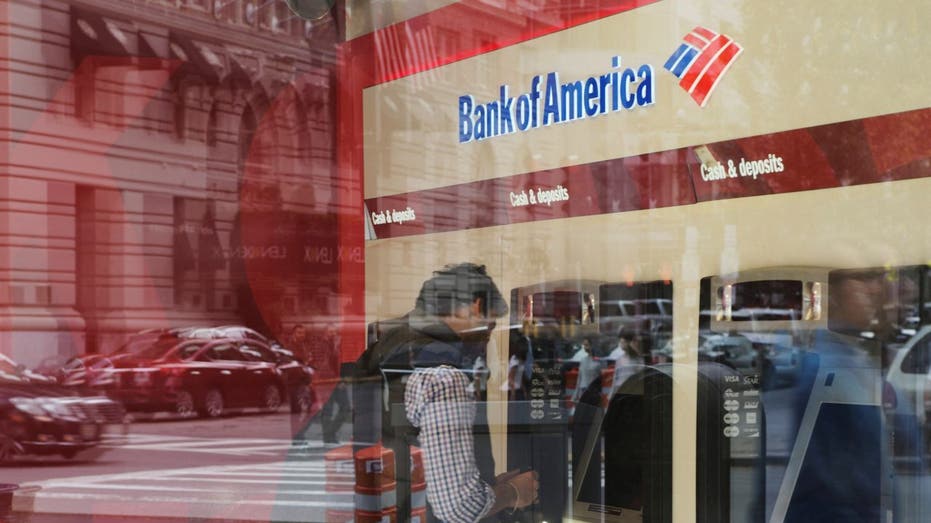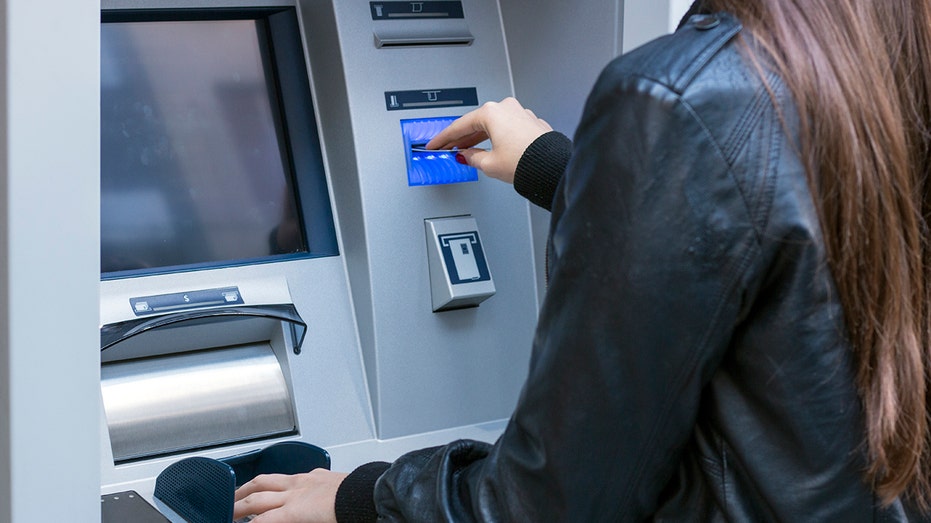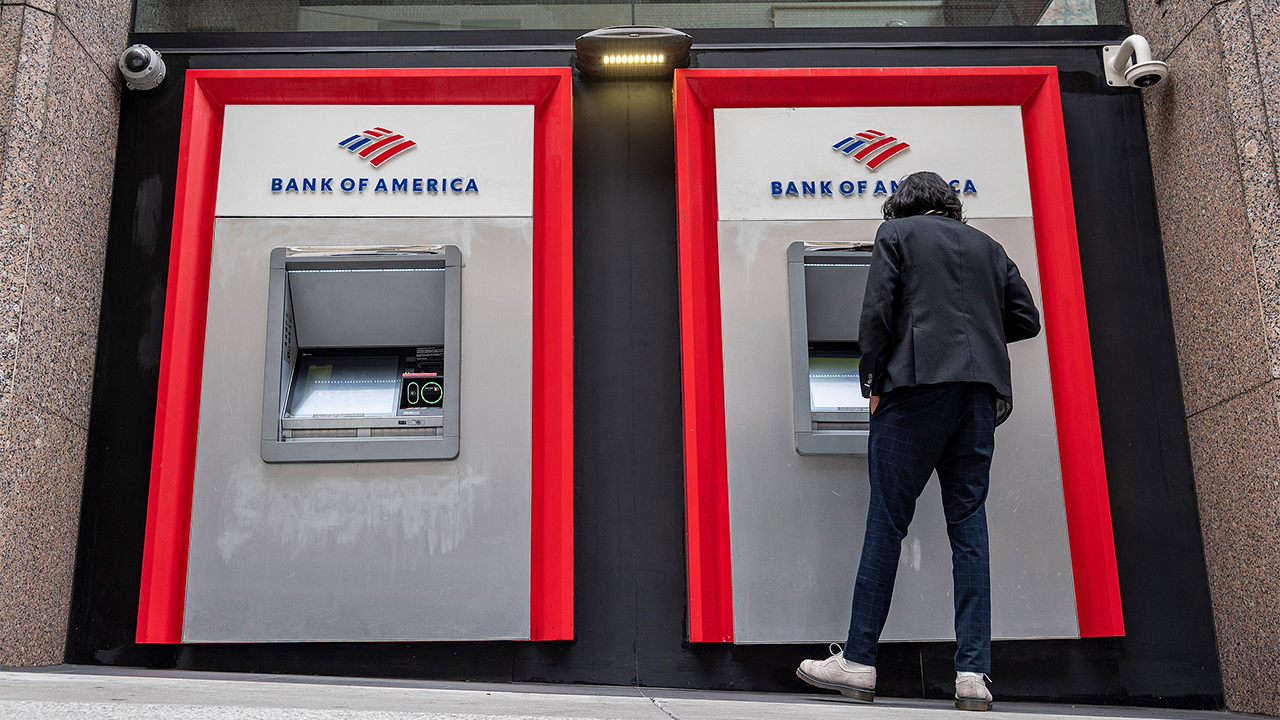Nearly half of Americans 'sacrificing recession preparedness' with monthly banking costs
These fees are inhibiting 30% of Americans from paying down their debt, report says
Market outlook on inflation data and how investors are feeling heading into 2023
Penn Capital CIO Eric Green discusses the December Consumer Price Index and more on 'Morning's with Maria.'
Weathering high inflation or a potential recession will be even harder for the number of Americans who are still paying checking account fees every month, according to a new report.
Those fees are hindering their ability to save or even pay down their debt at a time when inflation remains about three times higher than the pre-pandemic average despite easing again in December.
More than one in four checking account holders, or roughly 57 million adults, are getting hit with costs such as routine service charges, ATM fees and overdraft fees, according to a new Bankrate report.
MARKETS MAY BE UNDERESTIMATING THE THREAT OF HIGH INFLATION, BLACKROCK WARNS
Though it may not seem like it, these costs can add up over time. According to an earlier Bankrate report, the average overdraft fee recently slipped to a 13-year low, but it is still $29.80. Meanwhile, the average non-sufficient funds fee is $26.58. For interest checking accounts, the average monthly fee is $16.19.
Nearly half of non-interest checking accounts are free, and the average monthly fee is $5.44, according to Bankrate. That's an increase of 7% from last year. The average total cost of an out-of-network ATM withdrawal is $4.66, which is a three-year high, according to Bankrate.

A customer uses an ATM at a Bank of America branch in Boston, Massachusetts, U.S., October 11, 2017. (REUTERS/Brian Snyder/File Photo / Reuters Photos)
Nearly half of Americans (48%) say they are "sacrificing their level of recession preparedness" by paying these banking fees.
INFLATION EASES IN DECEMBER TO 6.5%, BUT PRICES REMAIN STUBBORNLY HIGH
For example, about 30% of adults say these fees are keeping them from being able to pay down their debt while another 29% say it's keeping them from adding to their emergency savings.
In particular, these fees are "inhibiting younger generations’ wealth-building opportunities," according to Bankrate.
The survey data shows that 46% of Generation Zers and 42% of millennials are paying those monthly costs compared with 22% of Gen X and 14% of baby boomers.

A close-up of a woman using an ATM machine. (iStock / iStock)
While 46% of non-interest checking accounts are free, nearly 100% can be if specific requirements – like maintaining a set minimum balance or having your paycheck directly deposited – are met, according to Bankrate.
Still, about 16% of Americans say they are sticking with their bank despite the fees because it is the account they have always had, according to the survey. Just over 10% say it would be too much of a hassle to switch.
GET FOX BUSINESS ON THE GO BY CLICKING HERE
Bankrate analyst Sarah Foster said in a statement that "any downturn could bring pain to your wallet on top of already high inflation and interest rates."
Fed officials have signaled that they intend to boost their key rate above 5% – a move that would likely keep mortgage rates high, along with the costs of auto loans and business borrowing. The Fed’s higher rates are intended to slow spending, cool the economy and curb inflation.
During uncertain times, it's recommended that consumers free up "any amount of cash you can to recycle back into an emergency fund," especially during uncertain times, she added.
This could include simple changes such as switching to a no-fee bank and eliminating those checking fees.
The Associated Press contributed to this report.





















